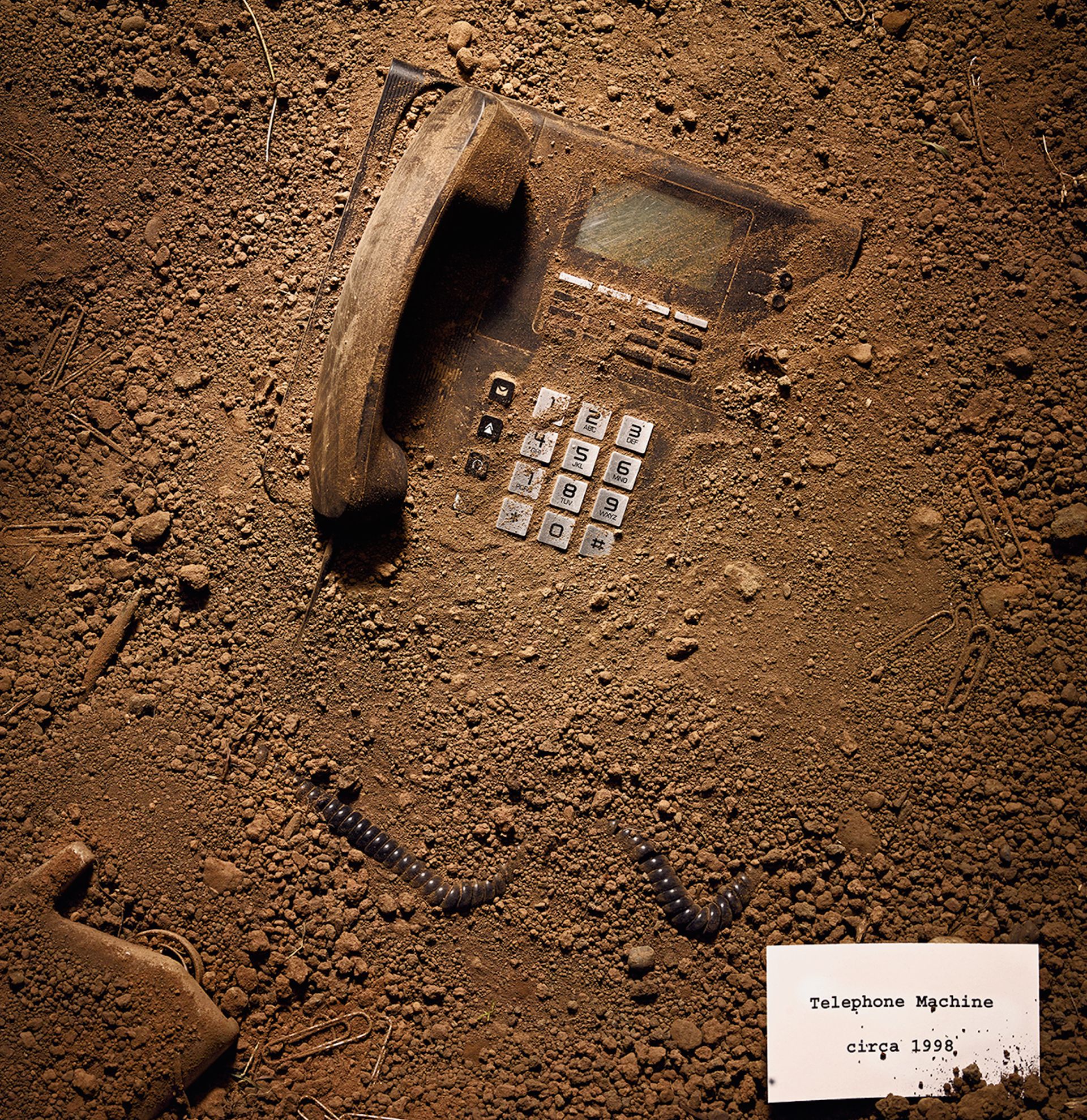This post was prompted by the Atlantic article linked below.
This Atlantic article is another, in a long series, of "oh my gosh, what are we going to do about automation and its affect on jobs" articles. The author is articulate, and does certainly try to communicate the human affect of job loss at the hands of "Information Retrieval" in the electric age. It is a good read despite my frustration with it, and every other such article to come down the pike in the last decade or so.
I am frustrated precisely because so many intelligent writers illustrate so many aspects of what happens to individuals, as well a social groups as a whole, when what they've depended on for a living gets pulled out from under them by the dynamics of cost reductions; whether that's the reduction of cheaper labor somewhere else, or a machine doesn't really matter that much, as it is still related, directly or indirectly, to the ability of information (which is also capital, by the way) to move anywhere around the globe at the speed of light. You couple that with transportation improvements, linked with sophisticated software to really fine tune "just in time production", you have the old idea of "regional efficiencies" dictating equitable production distribution turned inside out. Now it's just a competition to find the lowest cost benefit ratios, and everything else be damned.
These good writers, and so much of the economic intelligentsia, continue to wring their hands not only on jobs erosion, but on the contradiction of regulatory inefficiency as a cost burden, while at the same time decrying the unpunished criminal behavior of banks; the delayed costs of poisons past and present (as in more sickness, more weather catastrophes etc.) while resisting the infrastructure investments to stop any further such inputs; or demanding more B1 visas for trained workers while at the same time resisting the taxes to pay for schools that might actually educate our own children. I could certainly go on.
All the while they continue with this rehash of the same basic issues, with only the speed and quantity of dire effects increasing, no one seems willing to address the actual elephant in the room: the fact that the economic model itself is absurdly obsolete. How can it not be when human skill as a commodity is so obviously ridiculous any more? How can it not be when information itself has become the prime commodity; so much so that the free flow of same is absolutely not possible in a system that relies on "Net Gain." Which, in case you haven't been paying attention, makes having a functioning Democracy just another absurdity. I could again go on.
"...The paradox of work is that many people hate their jobs, but they are considerably more miserable doing nothing..."
This is indeed not a paradox at all if one understands that we are a different people now than those who brought Capitalism into its heydays. These were rationalists forged of the "Typographic" mind set who were ready to embrace the segmented, linear form of task specialization that turned agrarian, and feudal, societies into centralized concentrations of task specific workers. We, on the other hand, have returned to the oral type of mind set; the everything at once sensory and associative multiplicity that makes holistic thinking, and complex systems an everyday thing. Exactly the kind of thing that electrified information retrieval amplifies only too well.
The bottom line, then, is that spending a life in disconnected work, turning out bits simply to acquire counters so as to be able to consume other bits is truly felt as the stultifying routine that it is. The human condition now needs meaningful occupation in a fully task, and responsibility, integrated community. A community where each participant is part and parcel of all aspects of what supports that community, as well as integral to the decision making process. This would be work on a completely different basis, as well as where production and consumption would be completely redefined.
These kinds of articles will continue, and the issues they articulate will only get worse unless we recognize this fundamental obsolescence. The sooner the better.

No comments:
Post a Comment